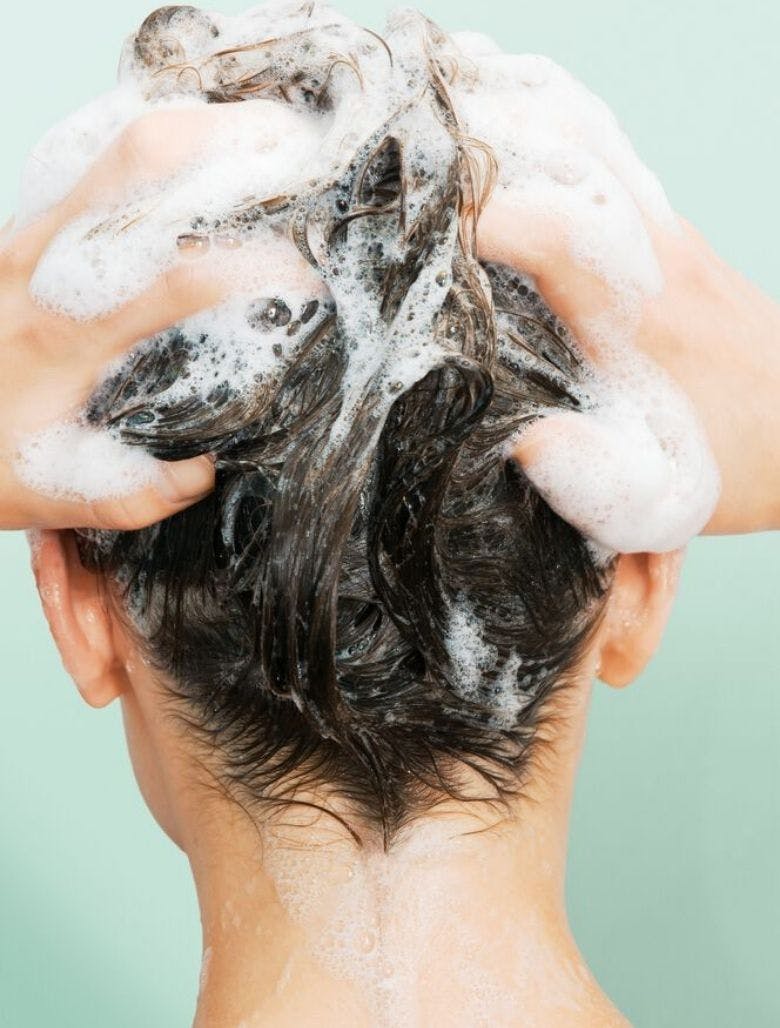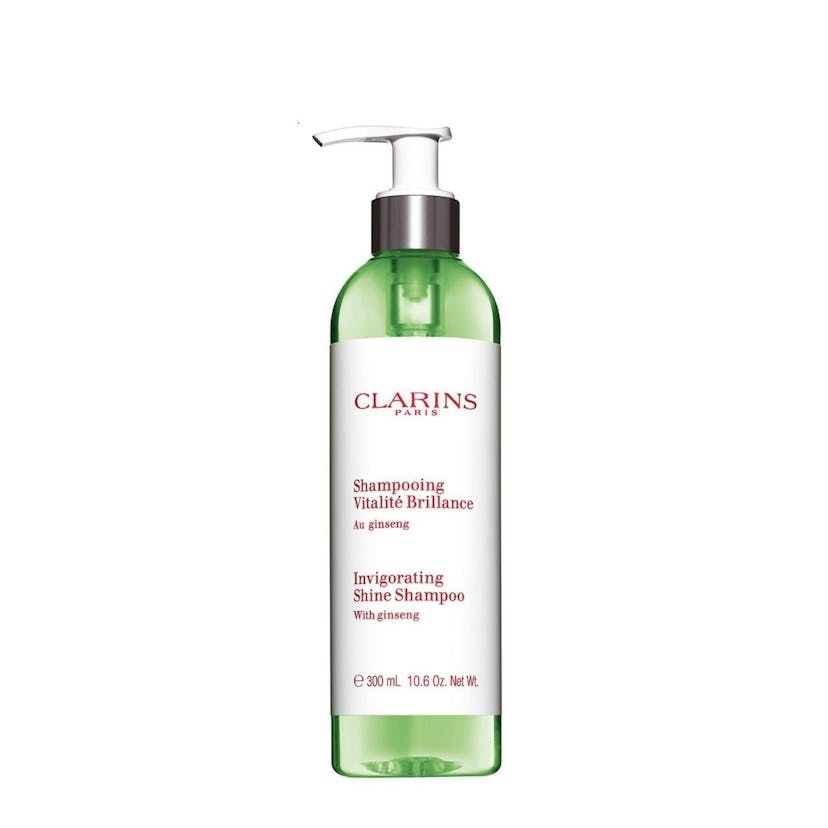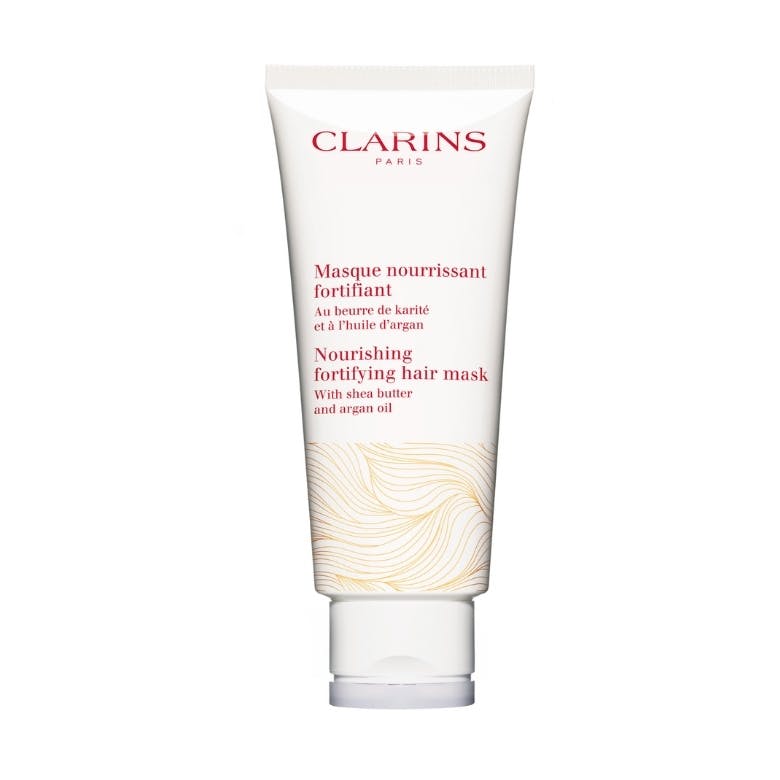Scalp Care 101: Tips for Maintaining A Balanced And Healthy Scalp
5 minutes read
Looking after your scalp probably isn’t that high on your list of beauty priorities, but scalp care is really just an extension of skin care. From uncomfortable itching to unsightly white flakes, an unhappy scalp can cause a plethora of problems.
Figuring out what works for your scalp will help to tackle these issues, improving not only the health of your scalp, but also your hair too.
There are several causes of scalp issues and understanding what these are – and most importantly, what you can do about it – is key to getting your scalp health under control.

A healthy scalp equals healthy hair
First things first, why should we care about our scalp health? When it comes to our hair care, it’s safe to say that most of us focus on the strands itself – choosing the right products, limiting heat and chemical damage, etc. But actually, good hair starts from the roots, so if you really want to ensure your locks are looking as luscious as possible, maintaining a healthy scalp is key. When your scalp is balanced and nourished, hair can grow faster and stronger.
Symptoms of an unhealthy scalp
How can you tell if you have a healthy scalp? Here are a few telltale signs that your scalp might be in need of some TLC:
• Itching – an itchy or tight-feeling scalp can be caused by dryness, dandruff or a build-up of product.
• Inflammation – if you’re experiencing any pain or scalp redness, you may have an inflamed scalp.
• Flakiness – those tell-tale white flakes are often caused by conditions like seborrheic dermatitis (more commonly known as dandruff), eczema and psoriasis.
• Hair loss – while some forms of hair loss are simply genetic, there are links between poor scalp health and hair loss at an earlier age.
• Excessive oil – noticing your hair is getting greasier quicker? Certain lifestyle factors, such as overwashing your hair, can cause the sebaceous glands on your scalp to go into overdrive.
• Pimples – it’s not just our faces that can experience breakouts. Spots and pimples on the scalp can often be attributed to clogged pores or using products that are too oil-rich.
With all this considered, a healthy scalp is defined as being free from flakes, dry patches and itching, with normal pH and oil levels. Now that you know which signs to look out for, find out what hair and scalp treatments can help if your scalp needs some TLC.
How to have a healthy scalp
Wondering how to get a healthy scalp once and for all? Even if you’ve not noticed any specific problems with your scalp currently, these tips can help you to keep your scalp and hair in tip-top condition.
Wash your hair regularly – but not too often
Washing your hair regularly with a gentle shampoo (like the Invigorating Shine Hair Shampoo with Ginseng, £22) helps to cleanse the hair and scalp, removing any build-up of oils, dead skin and hair products. However – it’s important to note that overwashing can also cause issues. Washing your hair too often can leave your scalp feeling dry and dehydrated, tricking it into producing oil in order to keep it moisturised.

Limit how much dry shampoo you use
Dry shampoo addicts, look away now! When it comes to product build-up, dry shampoo is one of the worst offenders. This is because unlike serums and hair creams, which are usually smoothed through the mid-lengths and ends, dry shampoo is applied mainly to the roots. Therefore, if you’re applying dry shampoo daily and leaving it in your hair for days, the accumulation of product can lead to clogged pores and itching. Try limiting it to every other day, or 1-2 times between hair washes, to allow your scalp time to breathe.
Try a scalp scrub
In the same way that a face or body exfoliator can help to slough away dead skin cells, scalp scrubs offer several benefits. Available as either physical or chemical exfoliants (or a combination of both), scalp scrubs work to remove excess oils, dead skin and product build-up, leaving your scalp clear and fresh.
Condition your scalp (not just your hair)
While conditioning your hair offers some nourishment to the scalp, you can also give your scalp a more intense moisture boost by using serums and oils. These are hair and scalp treatments which are applied directly to moisturise scalp and soothe the skin.
Choose oils that will hydrate the scalp and bring oil production under control, such as the Lotus Treatment Oil, £40. With rosemary, geranium, and lotus extracts to purify and hazelnut oil to prevent moisture loss, it’s ideal for balancing scalp moisture levels. Massage a few drops into your scalp before bed, leave on overnight and wash and condition as normal the next morning.
How often should you care for your scalp?
Not sure how often to do scalp treatments, or how to clean your scalp? Generally, most people will find that washing their hair every 2-3 days is sufficient to cleanse and maintain good scalp care. Following up with a moisturising conditioner such as the Nourishing Strengthening Hair Mask, £31, after every wash will also help to protect and nourish the scalp. Scalp scrubs should be limited to no more than once per week – any more frequently and you risk stripping your scalp of the essential oils it needs to stay balanced.

Still struggling with scalp issues? Scalp issues can sometimes be an indicator of other health conditions, so we’d recommend speaking to your GP or a specialised trichologist for advice.
Read Next: 15 Expert-Approved Healthy Hair Tips
Sign up for our newsletter
We will keep you in the loop for special offers, exclusive gifts and product news.
Products You Might Like
BEST-SELLER
BEST-SELLER

